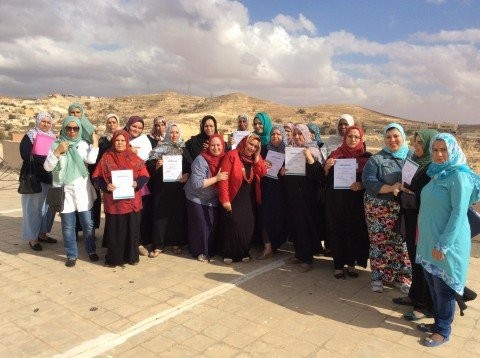Speeches Shim

By Intissar K. Rajabany
Since the Libyan revolution and ensuing conflict erupted in 2011, damage, theft, and alleged sabotage has plagued the infrastructure in Libya, resulting in power outages and basic challenges for a stable life.
Electricity is essential for a stable life. We have grown accustomed and formed adaptive solutions for the increasing number of rolling brownouts over the last three years, with outages ranging from two hours up to twenty hours at a time. In January 2017, twenty hours without electricity became the daily norm for some of us and keeping warm became an exercise of the absurd - if it were not tragic - as we were dressed for the “north pole” in our homes, but we were not able to keep food and medicine cold. Libya is also dependent on electric pumps for water, which adds to the challenges of daily life. Water travels from thousands of kilometers away in the south through the Great Man Made River pipelines, and without electricity, there is no way for the water to reach the tanks in our homes. Adding to these woes is a shortage of cash, which has prevented ordinary citizens from accessing their money in banks, plus a skyrocketing foreign exchange market and an inflation index of over 29% that has made accessing alternative means of electricity, water, and fuel nearly impossible.
In my home, we are fortunate to have a water well, as well as an underground cistern, built during the hard times in the 1980s/90s. I discovered how many pails of water you needed to flush the toilet, or to boil on the gas stove in order to wash yourself in the old fashioned way. For the average Libyan woman, life is harder. Ordinary households cannot get water into their homes, as our oil producing country uses cheap electricity, instead of solar panels or generators.
Like the majority of Libyan women, I have witnessed countless difficult moments. Notwithstanding the passing away of my mother three years ago, this winter has been one of the harshest times, especially with our front row seats to the revolution in Libya. Despite daily challenges and the geopolitical context, the Libya Women Economic Empowerment Project runs, namely to provide the necessary technical support to empower Libyan women economically. I have a great respect for the strong Libyan women who not only had to contend with a repressive society and security threats but had to overcome the strangest odds thrown against them and still managed to thrive or survive. I am driven by witnessing how Libyan women work so hard to keep their homes afloat, and if possible, help their community, and I was not going to let them down and fold by being a sissy because life was inconvenient.
It is why during the difficult times in Libya, women have reinvented themselves and become creative and entrepreneurial, socially or economically. At the end of the day with this one goal of improving one’s livelihood, women must be celebrated and honoured.
In Libya, International Women’s Day is a newer concept. We first started to hear about this day from foreign missions after 1999, when the sanctions were lifted. Since then International Women’s Day is mostly commemorated by civil society organizations, who work on what they call women’s issues. It is an opportunity for these organisations to talk about women’s rights, achievements, challenges and the way forward, and to have a charity bazar sale. Throughout many decades of living in Libya, my fondest memory of celebrating Women’s Day was on Mother’s Day and Children’s Day which falls on the 21st of March. This gave children the opportunity to dress up in their favourite Libyan traditional clothes or hero characters and enjoy a day of sweets and activities at school. The mothers might receive a card, flowers, or more recently a post on Facebook from their children or husband. This year, the Tripoli Municipality is holding an exhibition under the theme “the first exhibition of the creative women” where women entrepreneurs will showcase their products, businesses and sell them.
The Libya Women Economic Empowerment Project has provided me with the opportunity to attest to the resilience of Libyan women, who have changed their reality in the face of adversity during four decades of dictatorship followed by six years of conflict. Even the tiniest step – that may be perceived as hardly noticeable - is for some of us, very bold.
About the Author
Intissar Rajabany is the Mennonite Economic Development Associates (MEDA) Libya Country Project Manager and Chief of Party for the Libya Women Economic Empowerment Project.
This blog was originally published by MEDA here to mark International Women’s Day 2017. MEDA is highlighting important issues and voices around women’s economic empowerment and gender equality in the area of economic development. This piece is the fifth blog in their “Be Bold for Change” series, which celebrates the power of women entrepreneurs and their partners around the world.

Comment
Make a general inquiry or suggest an improvement.